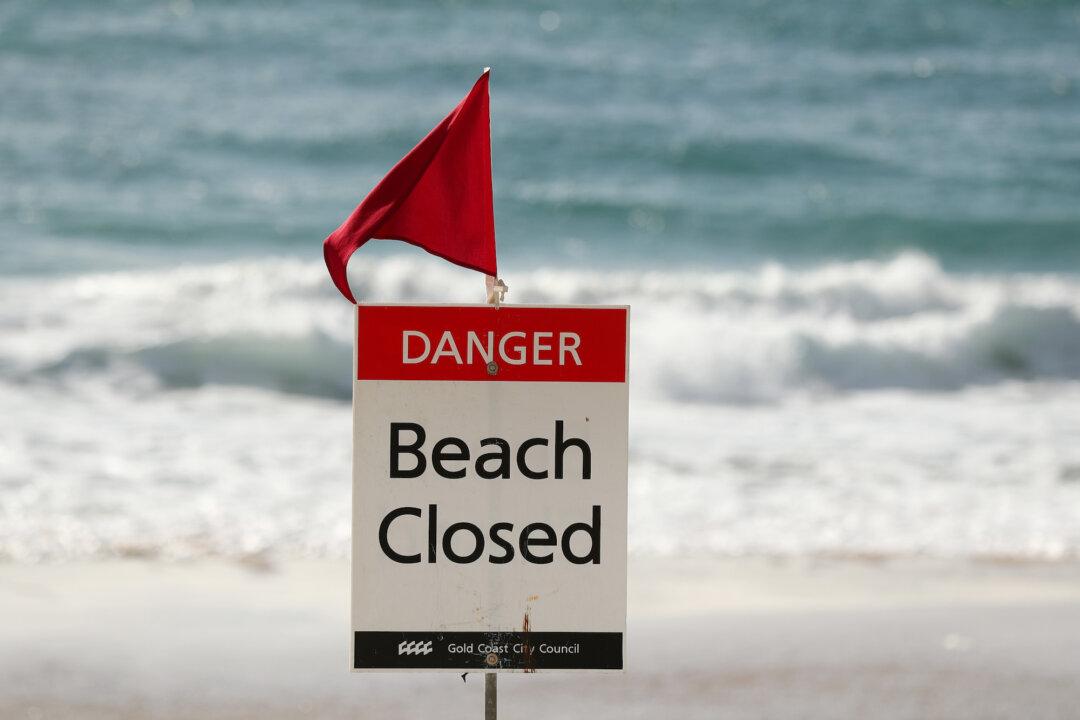While Australians may be looking forward to the lifting of COVID-19 restrictions, Labor says there are still concerns about a second wave of the virus in the community.
Australia’s handling of the CCP (Chinese Communist Party) virus, commonly known as novel coronavirus, is at a critical stage as some states start to ease restrictions and the national cabinet prepares to consider lifting some broader measures next week.





